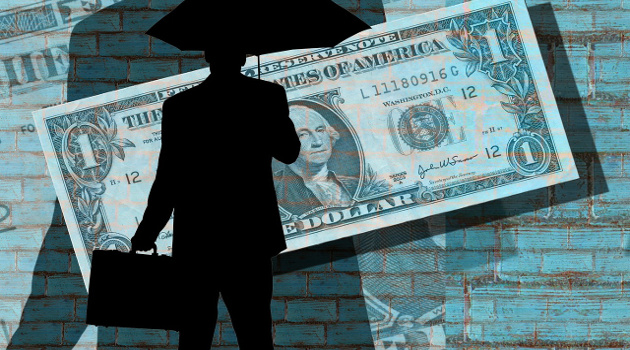Last year’s three-part series on corporate tax rates (here, here, and here) primarily focused on the case for low rates in the United States.
Today, we’re going to look at why the United Kingdom should have a low corporate tax rate.
Though the arguments don’t change simply because we cross the Atlantic Ocean.
A low corporate tax rate is a good idea because it means more investment, higher productivity, and better wages.
That’s true in the U.S., it’s true in the U.K., and its true in every other nation.
If you want evidence, Phil Radford’s article for CapX explains why the U.K.’s pharmaceutical industry has contracted while Ireland’s has expanded.
AstraZeneca’s plan to build a $350m pharmaceuticals factory in Ireland rather than the UK was 100% predictable. …the long-term failure of UK pharma highlights how UK policy discussion is light years behind our competitors when it comes to understanding what drives prosperity. …The trend kicked off back in 2011, when US-based Pfizer shifted its Viagra-making plant from Sandwich in Kent to Ringaskiddy, near Cork. This event marked the start of a five-year plunge in UK pharma manufacturing and exports… According to ONS, output in UK pharma manufacturing declined by roughly one-third from 2010 to 2015. Gross value added actually halved. Where did the manufacturing go? Ireland… What’s caused this malady? In a word: taxation. …corporate taxation levels appear to exert a dominating effect on where pharmaceuticals companies locate their factories. …Ireland’s corporate tax rate fell from 40% in 1996 to 12.5%n 2003, and it has stayed at that level for the past 19 years. Meanwhile, the UK’s corporate taxation rate was 30% 20 years ago, and from 2008 it began a gentle drift downwards to 19% where it will remain until April this year, when it will increase to 25%. This means, from AstraZeneca’s point of view, the investment equation is a no-brainer. Even if Ireland is forced to raise its rate to 15%, the country will shortly regain its general comparative level of between one-half and two-thirds the UK rate.
The data in Radford’s article is a damning indictment of the supposedly conservative government in the United Kingdom.
A few years ago, the corporate tax rate was 19 percent and expected to drop to 17 percent. Now, thanks to an unwillingness to control spending, the rate is jumping to 25 percent.
And, as noted in the article, the U.K. lost a $350 million factory. As well as all the jobs and taxable income that it would have generated.
Politicians are winning and people are losing.
P.S. Biden wants to make the same mistake.
———
Image credit: geralt | Pixabay License.



